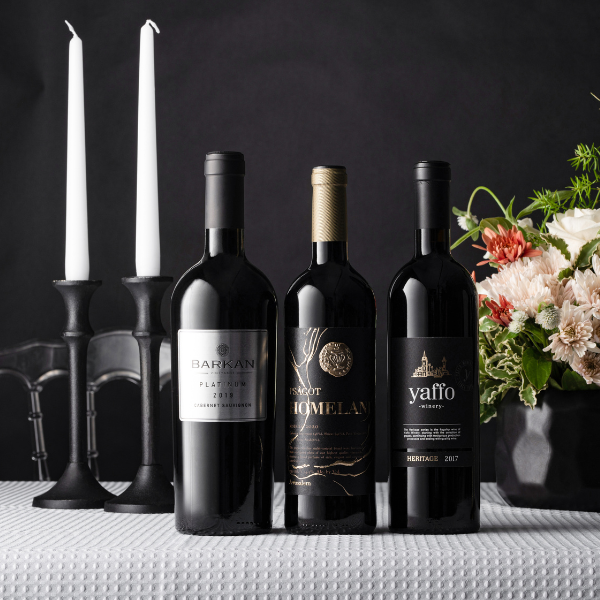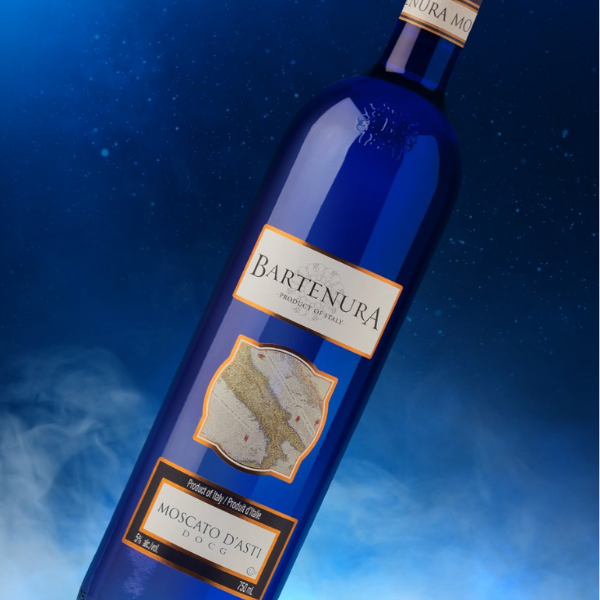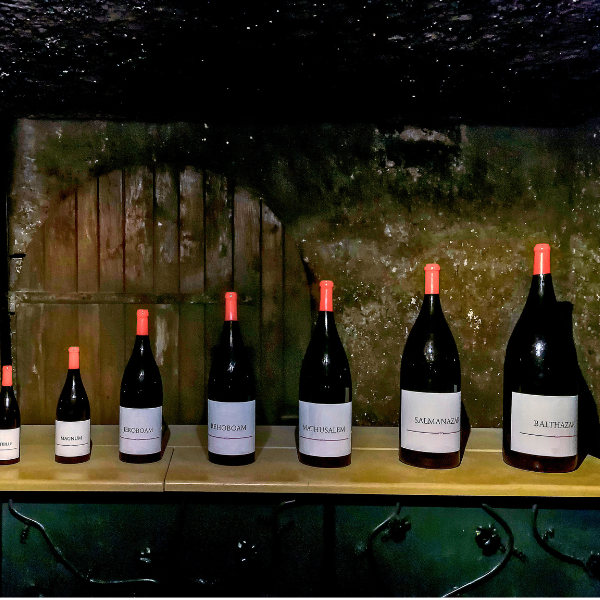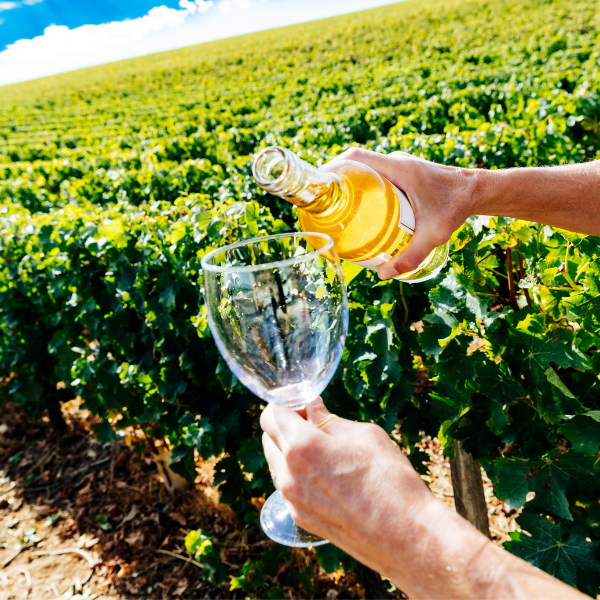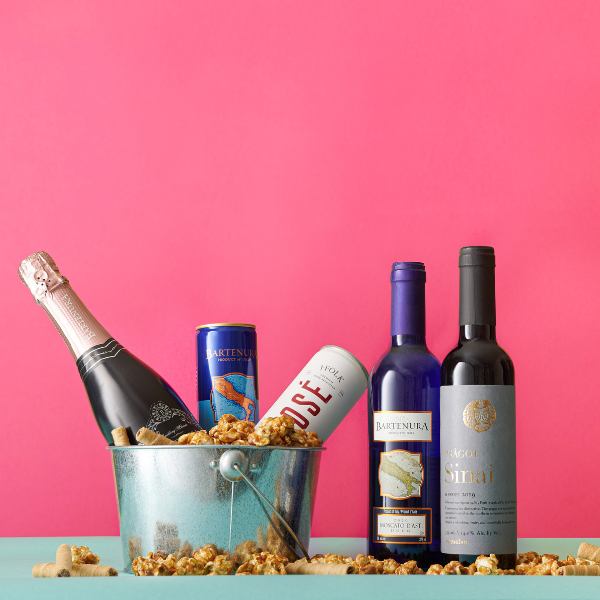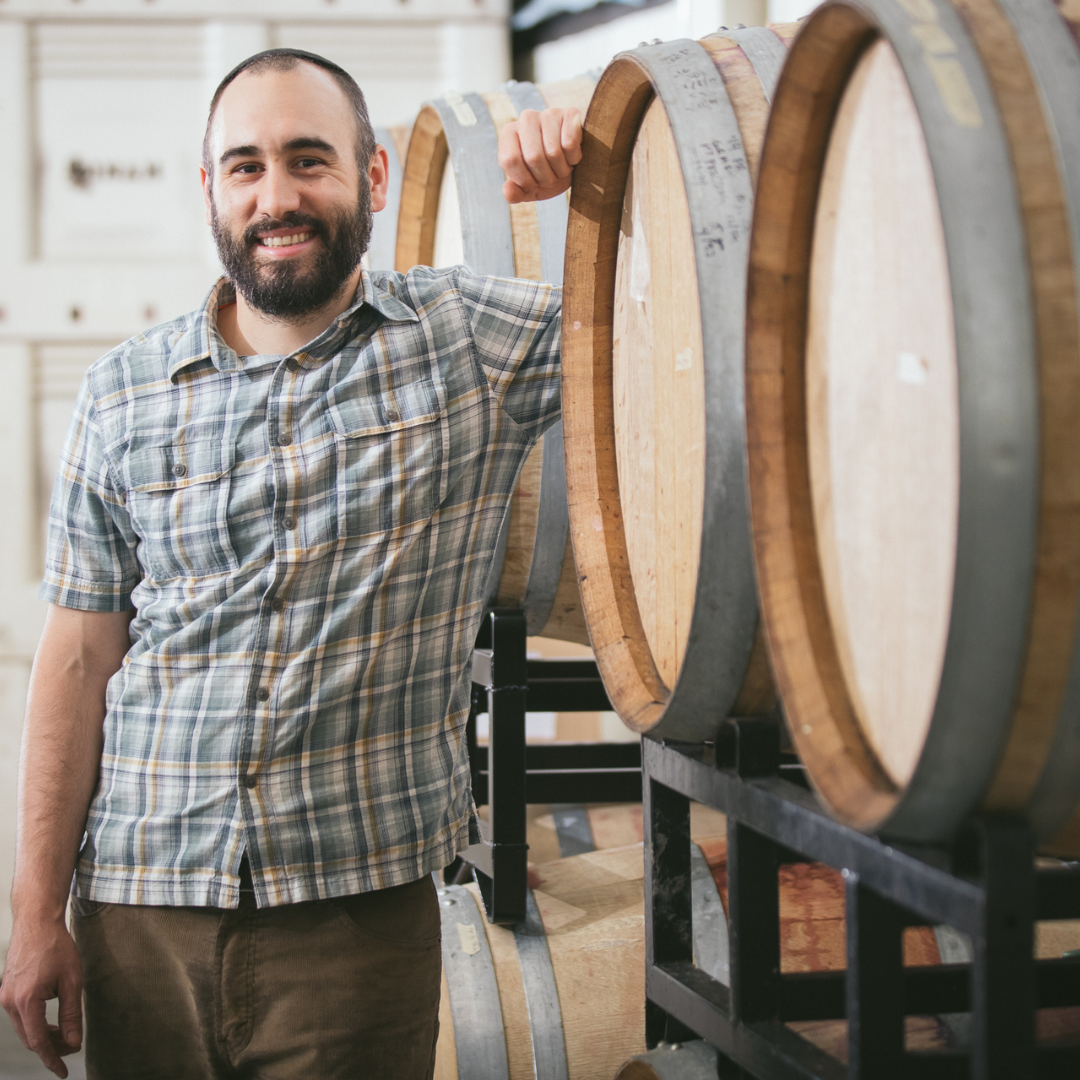Shmittah: A Chat with Dalton CEO Alex Haruni
- Mar 10, 2022
By Dr. Kenneth Friedman
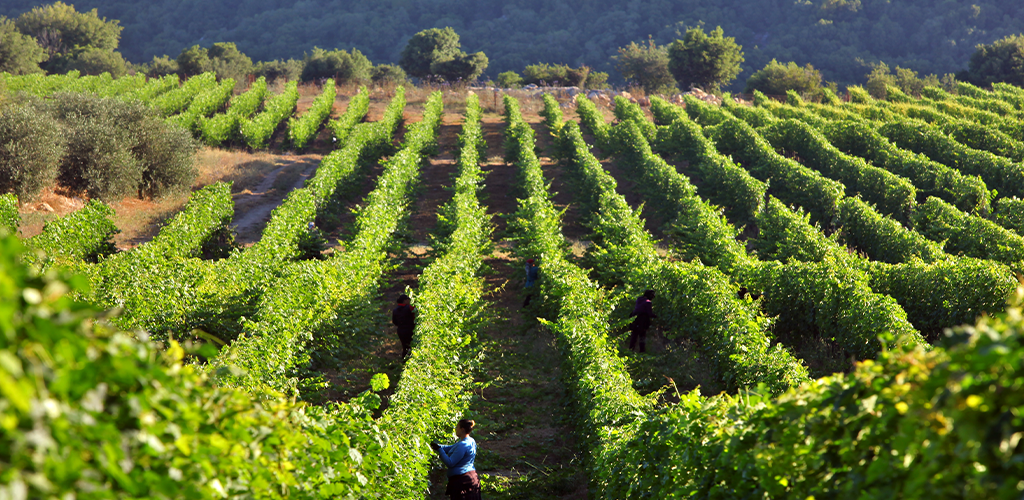

Shmittah, Dalton, and What It's All About
Alex Haruni, CEO of the burgeoning Upper Galilean Dalton Winery, oversees production of over 1,000,000 bottles of wine annually while maintaining a large estate vineyard. Dalton continues to innovate and bring fresh ideas to the marketplace. While the challenges are endless in the winemaking business, Israeli kosher winemakers face a separate obstacle unique to the Land of Israel, namely Shmittah.
Every seven years in Israel the land is to have a “sabbatical year,” and to lie fallow and rest. All agricultural activity is forbidden. Shmittah in Israel is the Jewish year of 5782, or 2021-2022, which began this past Rosh HaShanah and will continue until the next. There are some methods with which produce from Shmittah years may be sold and consumed, but wineries must make hard decisions as simply allowing the land to lie fallow is very difficult economically.
We were lucky to catch Alex Haruni for a few moments to ask him about Dalton, Shmittah, and the landscape of Israeli winemaking.
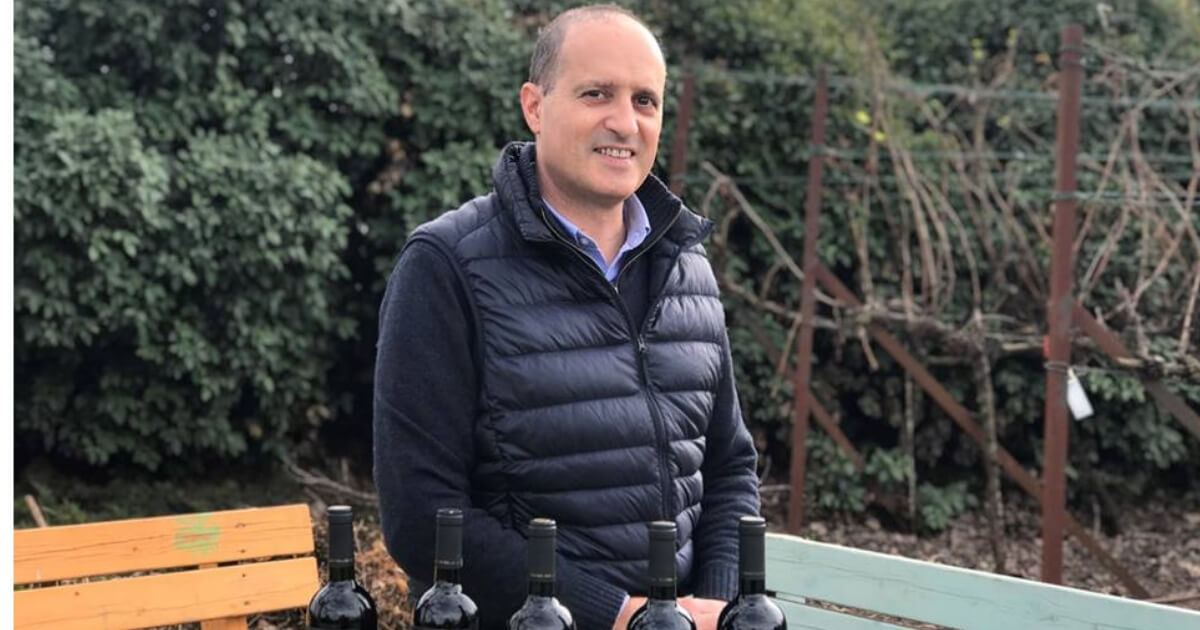

Q&A with Alex Haruni, Dalton Winery CEO
Hi Alex, great to speak to you again. We hope you and the family are staying well during these past couple years. Can you speak to how things have been and are now?
AH: Hi, yes, there have been challenges over the past couple of years, it has brought a lot of heartache and a great deal of uncertainty. Unfortunately, I think that the uncertainty is here to stay for a while.
I think many feel that way, and as if making wine and running a business during a global pandemic was not stressful enough, those familiar with Shmittah know how deeply this impacts the kosher wine market for Israeli winemakers. How has Dalton Winery game-planned for these challenges?
AH: To be honest, Shmittah impacts our export markets more than our domestic market. Most people in Israel accept Heter Mechira* as an acceptable solution to Shmittah and that is what we observe. For our export markets we have tried our best to set aside enough wine to service them for two years but there will inevitably be shortages especially with whites and rosés. This year we will only pick grapes for our domestic market and reduce our production so we don't have a surplus.
* The prohibition of eating Shmittah produce only applies to that grown on land owned by Jews within the Land of Israel. Heter Mechirah is the sale of the farmland to a non-Jew for the duration of the Shmittah year, thereby allowing Jews to eat the resulting produce.
As it’s such an interesting concept, and not well-understood by many, particularly in the American market, can you expound on why Dalton chose Heter Mechira?
AH: We will go with Heter Mechira, for a number of reasons. We tried Otzar Beit Din* in 2008, and it brought a whole host of logistical issues and halachic contradictions with no real benefits. We learned that at the end of the day the communities who really care about Shmittah will not buy any Shmittah produce from Israel whether it be Heter Mechira or Otzar Beit Din.
* Otzar Beit Din is a complicated process in which a rabbinic court runs a non-profit system overseeing crop maintenance, harvest, and distribution by which the Shmittah produce is allowed to be eaten.
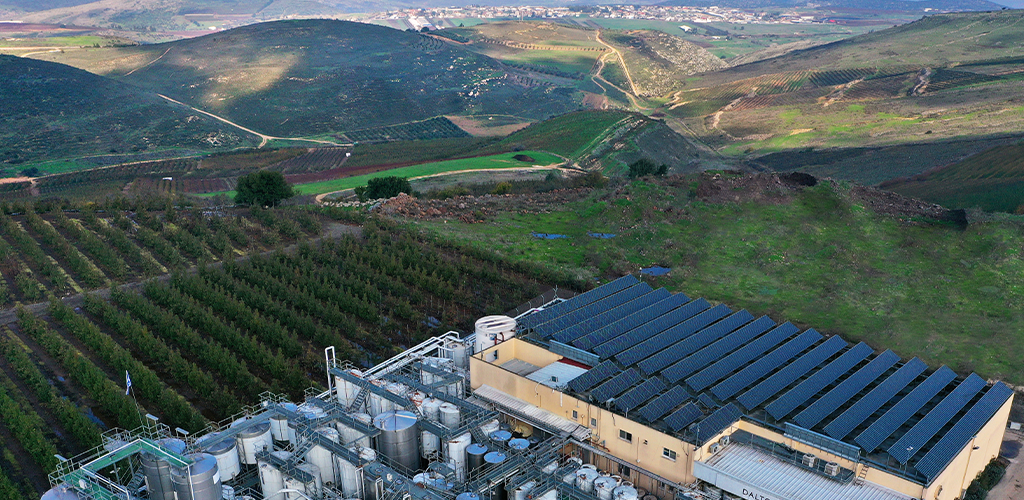

That makes a great deal of sense. Let’s turn to the future. As a cutting-edge and trendmaking winery, what directions are you noticing in international winemaking which seem like good choices for Israel? How about trends you hope do not catch on in Israel?
AH: We are seeing all sorts of alternative storage solutions, concrete, foudres (large volume barrels) and amphorae. We are experimenting with all of them and I hope to have results on the market soon.
Israel has seen a move towards méthode Champenoise wines and we too have recently released a Brut. I think there is a move towards more Mediterranean varieties which is a good thing as they will be able to cope better with the warmer climate that we are facing. We were one of the first wineries in Israel to take a big position in Shiraz and we are seeing the benefits of that decision.
Another big trend in the wine world is rosé and I think that we are one of the pioneers of this wine in Israel.


This is all very exciting. What else is on the horizon for Dalton? Will Dalton continue to break ground with products such as Pét Nat and mineral-driven white wines?
AH: We are always moving forward looking at new products, new varieties, and new wine-making methods. We will certainly continue with our bottle-conditioned wines such as Pét Nat, Brut, and our bottle-aged Semillon called “Tic Toc.”
We have a new exciting Single Vineyard wine about to be released which will be a field blend of Cabernet and Petit Verdot. Additionally, we will continue experimenting with new techniques and blends.
We are about to enter the world of distillation and we will be releasing a gin in Israel just before Pesach (Passover). We also just released a Vermouth which when combined with the gin will make the perfect dry martini.
Wow, can’t wait to taste all of these. What wine are you most excited about currently?
AH: I think that our current innovations in the Israeli wine market, our new Asufa series (winemaker Guy Eshel’s “personal playground” wines), our Brut, Vermouth, and Gin are making people take note of what we are doing. And we don’t intend to stop there. We have plenty in store for our followers. We will keep the winery at the forefront of the Israeli wine industry. We will continue to make wines that excite and delight our customers.
Dalton has accomplished a great deal in just the past couple decades, and there is a great deal to be proud of, but let me ask you, of which wine are you most proud?
AH: That’s difficult to answer. We have a lot to be proud of, many of the wines mentioned above are a source of great pride, but I think the Asufa wines bring a great deal of individuality and creativity to the wine scene, and our new Galilo wine, released with little fanfare in the middle of corona, which a blend of Cabernet, Shiraz, and Grenache from our best Galil vineyards is a real tribute to the wines and terroir of the Galilee. It is a fantastic wine with great aging potential.
I cannot wait to try! Alex, thank you so much for taking some time out of your busy schedule for us. Much continued success! L’chaim!
Shop Dalton wines today up to 27% off and enjoy a taste of Israel's Upper Galilee in your glass.


 Get help from an expert like Brad
Get help from an expert like Brad


